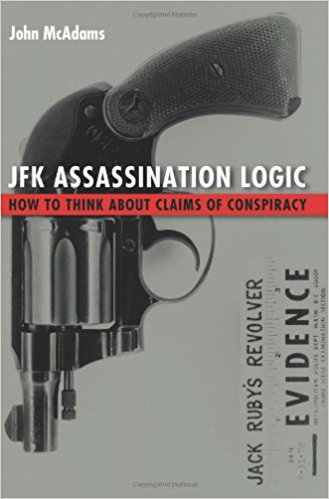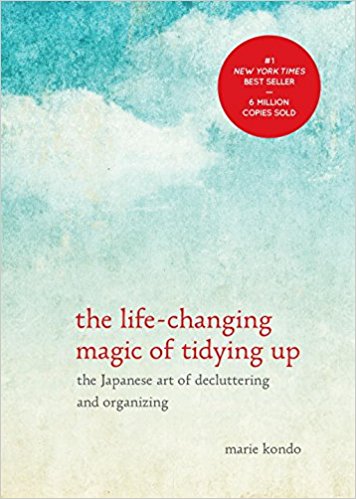 . . . no free pass.
. . . no free pass.
I wrote early in January about my higher-than-expected blood sugar levels and my intention to be very strict about sugar intake during the month and then get the further testing the doctor recommended. The second test was done on Feb. 3 and I got the results later in the week. Fasting blood glucose was 99, which is just one point below the 100-125 range that is considered pre-diabetes, so I’ve apparently moved back down out of the danger zone. But not by much. My insulin level was 2.6, which is apparently quite good. If you have high fasting insulin levels, especially above 5.0, you almost certainly have insulin resistance; that is, your cells don’t take up glucose easily and so your pancreas has to pump out more and more insulin to get blood sugar down. But of course you have to have enough insulin. I’ve been finding it difficult to get a good take on how low is too low. There was no indication in the report that anything was amiss with this number, though, so I guess I’ll take it as okay.



 . . but planning is everything.
. . but planning is everything. . . . on the importance of small things!
. . . on the importance of small things!
 . . . This is without exception. Whatever different means they employ, they all tend to this end. The cause of some going to war, and of others avoiding it, is the same desire in both, attended with different views. The will never takes the least step but to this object. This is the motive of every action of every man, even of those who hang themselves.”
. . . This is without exception. Whatever different means they employ, they all tend to this end. The cause of some going to war, and of others avoiding it, is the same desire in both, attended with different views. The will never takes the least step but to this object. This is the motive of every action of every man, even of those who hang themselves.” . . . you have to take the stairs!
. . . you have to take the stairs!
 . . . and he wanted people to take it and thank him for it” (I Timothy 4:3b Worldwide English trans.).
. . . and he wanted people to take it and thank him for it” (I Timothy 4:3b Worldwide English trans.).